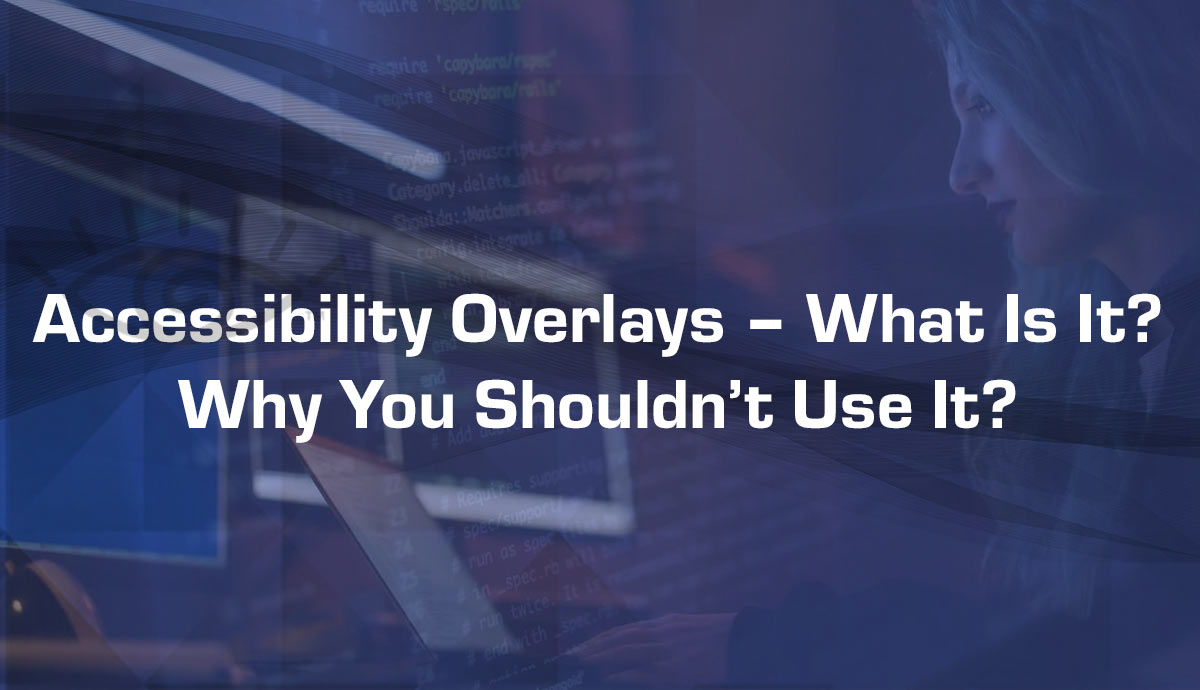Entrepreneurs With Disabilities: Finding the Right Business
While a person with disabilities can find success in any industry, a physical, mental, or intellectual limitation can add a layer of challenge, especially when it comes to working for someone else. Managers and owners may be reluctant to make reasonable accommodations, and substantiating a mental illness for ADA coverage can prove challenging. For many people with disabilities, entrepreneurship provides the answer to career questions — that’s why people with disabilities are twice as likely to be self-employed than the non-disabled. Here are a few things to consider if you’re considering a career as a business owner.
Consider Your Needs
If your disability affects your day-to-day living, you’ll need to consider how you can accommodate your needs within the demands of running a successful business. If you have mental health concerns, you may be well-served by a business with flexible working hours. Veterans with PTSD might want a predictable work environment, while veterans with a new service-related physical disability may prefer a home-based business for ease of navigation. People with mobility limitations require an accessible workplace, which may be easier to find at home than in an older commercial space which may be exempt from ADA guidelines.
Factor Your Passions and Skills
As a person with disabilities, it can be challenging to find the right career that engages your skills and interests while accounting for your everyday living needs. Look for creative ways to turn your passions into profit, but don’t focus too much on passion and forget to consider the details of running a business. Research your market, develop a marketing plan, and make sure you’re prepared for the minutiae of day-to-day operations.
If you’re seeking to take an existing skill into self-employment, look for ways you can differentiate yourself from the competition. Seek to either fill a gap or offer an improvement over your competitors’ product.
Brick-and-Mortar Businesses
One of the great aspects of starting your own brick-and-mortar business is that you can customize your workplace for the specific accommodations that your disability requires. While the upfront costs of outfitting a business for your needs can be hefty, a small business loan can help pay for the expense. However, a brick-and-mortar business can be expensive in other ways. Between rent, insurance, and utilities, it could become challenging to manage business expenses.
For businesses where brick-and-mortar is essential, make a strong online presence part of your success strategy. E-Commerce, email marketing, or a live chat function can increase profits and let you creatively engage with customers. You can also look for ways to save on overhead, like transforming your restaurant idea into a food truck or using a co-working space.
Home-Based Businesses
If mobility is a challenge for you and you don’t want to deal with the costs of modifying a brick-and-mortar business, or if your mental health makes working in a public setting challenging, consider starting a home-based business. When you work from home, you know that your workspace is accessible for your specific needs. In some industries, you can even set your own hours so you can schedule your work around the ebbs and flows of your personal wellbeing.
There are countless ways to make a living from your home, and it’s a great strategy for saving on overhead costs. At a loss for ideas? Take a look at your skills and passions. If you enjoy chatting with others, you might consider starting your own consulting service or becoming an insurance agent. If you prefer animals to people, become a pet sitter. Perhaps you enjoy expressing yourself through a more creative venue such as designing, writing, or blogging.
Whatever you choose, rest easy knowing it provides a predictable, comfortable environment for entrepreneurs, especially those with mental health concerns, such as veterans. However, be wary of business “opportunities” that advertise quick cash, require payment from you, or anything that sounds too good to be true.
Get Rolling
Once you’re ready to get started, you’ll need to register your new business with several government organizations. It starts with filing your Articles of Organization with the Secretary of State before contacting the IRS to obtain a Federal Employer Identification Number so you can open a business bank account. Once that’s opened you can register with the Department of Revenue and purchase your Articles of Existence. If that sounds a bit tedious–that’s because it is. Many business start-ups have started using professional filing services to save time and get their businesses up and running faster.
Deciding on the right entrepreneurial venture is a big step, but once you’ve identified your path, there’s a lot more work to be done. Now it’s time to start thinking about your business plan, funding opportunities, and how you’re going to transform your small-business dream into a profitable enterprise.
Want to create an accessible website for your business? Learn more about the CHIFs features being developed by C-Hear. Have questions? Call 1 (800) 760-0620 or email at info@c-hear.com.
Credits: Article by guest writer Jim McKinley http://moneywithjim.org







No responses yet